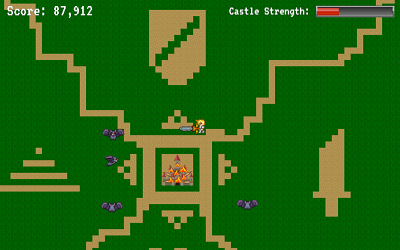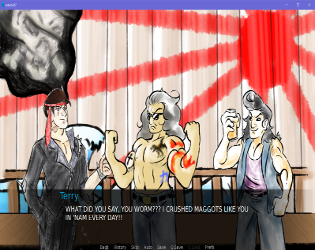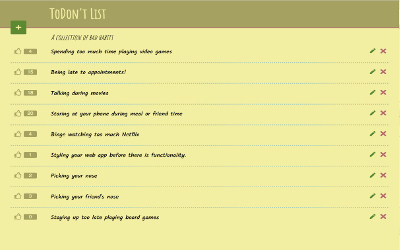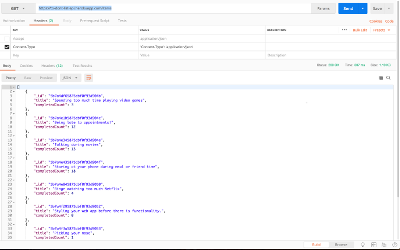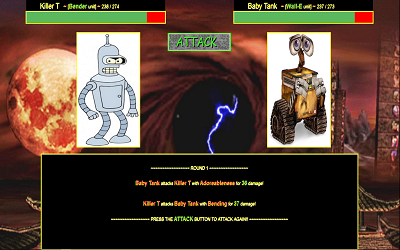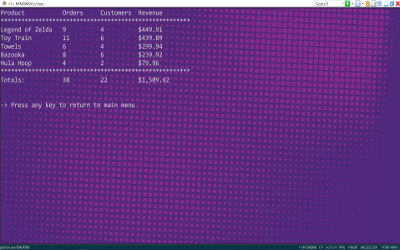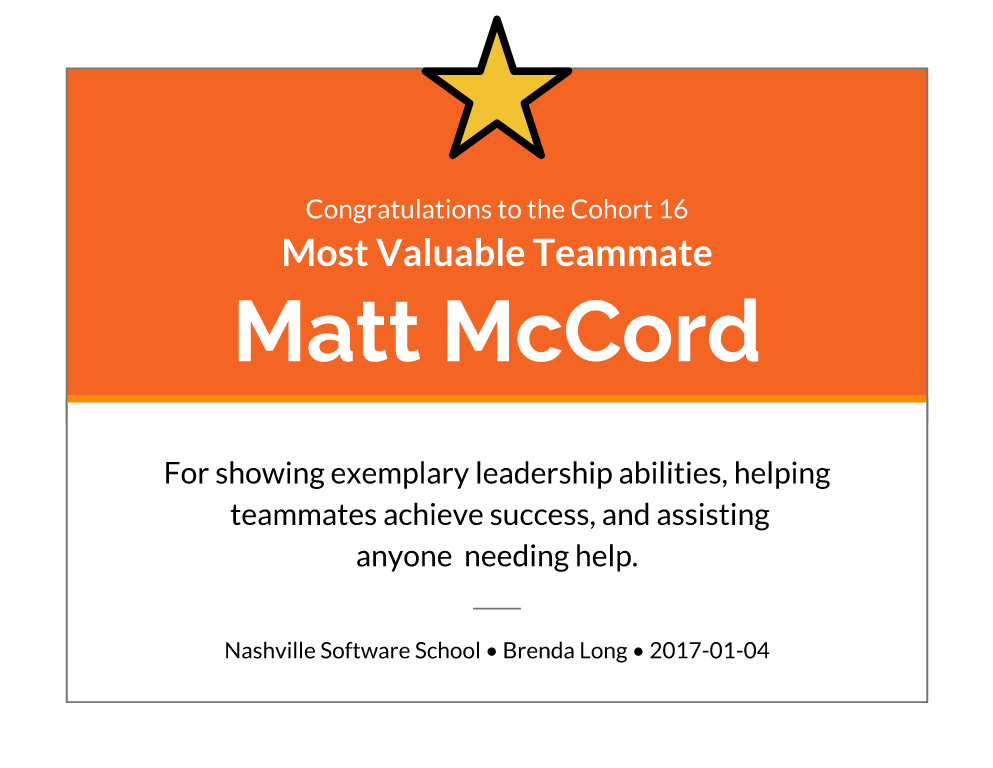

Matthew McCord
Full Stack Software Developer
Inquisitive, collaborative, inventive, and sanguine in the most stressful of situations, contributing to a strong team fills me with an incredible sense of accomplishment and camaraderie.
Professionally, I develop full stack web applications. In my free time, I enjoy learning about programming and design patterns through game development.
From 2001 to 2015, I had the pleasure of writing and recording songs, and touring with Scatter the Ashes, Mother/Father, and Future Unlimited. One of the highlights of every tour was building relationships with not only the band members, but the crews, managers, promoters, fans, and industry folks of all types. I look forward to bringing this experience and perspective to every aspect of my career.
I am currently looking for a new position with an awesome team!
- mattm.eternal@gmail.com
- You may find me behaving on




